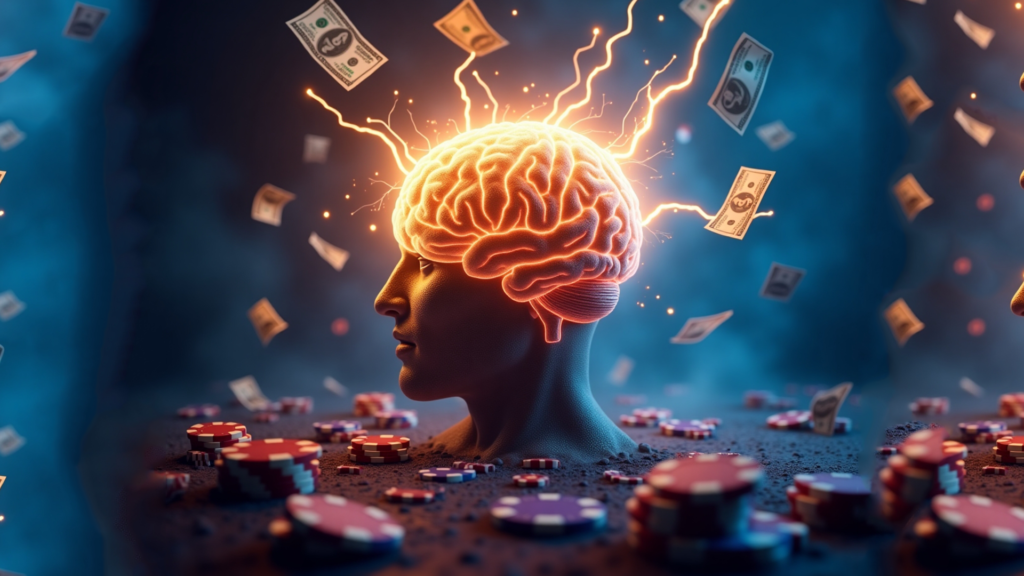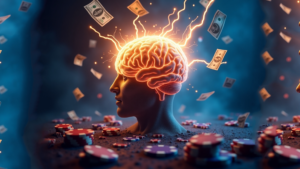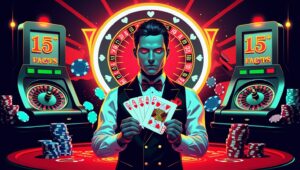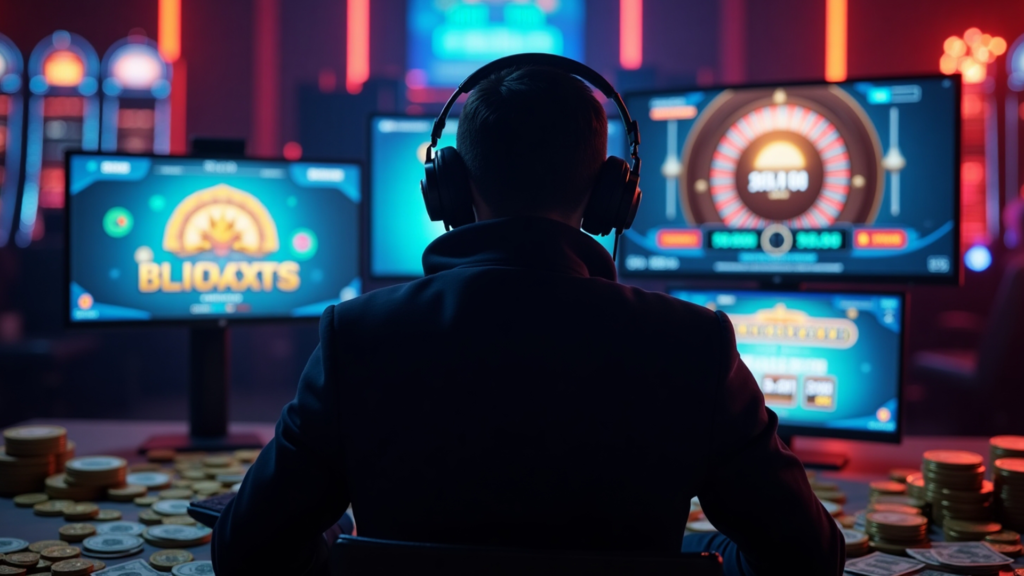Have you ever experienced the rush of winning big? Whether it’s hitting a jackpot, winning a high-stakes bet, or scoring a lucky streak, the feeling is electrifying. But have you ever wondered what’s actually happening in your brain during these moments?
In this article, we’ll explore the neurological and psychological effects of winning big, how it affects your decision-making, and why it can be so addictive.
🌟 The Science Behind the High
Dopamine: The Reward Chemical
When you win, your brain releases dopamine, the neurotransmitter responsible for pleasure and motivation. This rush makes winning feel incredibly rewarding and reinforces the behavior, making you want to chase that high again.
The Brain’s Reward System
Winning big activates the mesolimbic dopamine system, the same system involved in love, drugs, and other pleasurable activities. This is why gambling can feel so exhilarating—and why it can become addictive.
Risk and Reward Processing
Your prefrontal cortex, which helps with rational decision-making, momentarily takes a backseat when dopamine surges. This can lead to riskier behavior, such as continuing to gamble despite previous losses.
🌟 Psychological Effects of Winning Big
The Illusion of Control
After winning, many people believe they have some level of skill or control over games of chance, even though outcomes are random. This can lead to overconfidence and riskier bets.
The Gambler’s Fallacy
Your brain might start believing that a winning streak will continue indefinitely or that losses mean a win is “due.” This faulty logic is a major reason why people keep gambling after a big win.
The Emotional Rollercoaster
Winning big can create euphoria, but what happens when the high fades? Many players chase the feeling, leading to a cycle of emotional highs and lows that can be mentally exhausting.
🌟 The Long-Term Effects
Chasing the High
Repeated exposure to big wins can rewire the brain, making smaller rewards feel less satisfying. This can push players to increase their bets or take more risks to achieve the same dopamine rush.
Addiction Potential
For some, the intense reward response can lead to problem gambling behaviors, similar to how addictive substances alter brain chemistry. This is why responsible gambling is crucial. In Ireland, organizations like GamblingCare.ie offer support for those who may struggle with gambling habits.
💎 Final Thoughts
Winning big is an unforgettable experience, but understanding the science behind it can help you make smarter decisions. Whether you’re a casual player or a high roller, knowing how your brain reacts to wins can keep your gambling habits fun and responsible.
🎰 Have you ever experienced the thrill of a big win? Share your story in the comments!






















